Scroll through social media or even talk to your classmates and you will hear the same thing: you need to do more if you want to get into a good college. For high school students, this message is everywhere. Students are encouraged to apply for internships, sign up for summer programs, join multiple clubs and try to win awards — all while maintaining good grades. Activities that used to be for fun now feel like requirements, and the stress of trying to look impressive for applications can be overwhelming.
According to BBC News, hustle culture is the idea that there is always more to strive for, such as a promotion or money. It encourages people to work tirelessly without rest and be constantly productive. This mindset can harm mental health by causing stress, anxiety, exhaustion and even burnout. For high schoolers, hustle culture shows up in the college admissions process, where every interest or hobby is expected to help you pad your résumé. Instead of doing something because it makes you happy, you are pressured to turn it into a passion project that colleges will notice.
This mindset makes hobbies feel like extra work. A student who enjoys painting might feel like they have to start an art club or enter competitions. Someone who loves reading might be told to start a book blog or publish reviews. Even simple activities like playing a sport or volunteering become things you must take to the highest level to stand out to admissions officers.
Although I personally have not experienced this, I know a senior who had to change their YouTube channel that was originally created for fun because their parents wanted them to start making content focusing on investing and buying stocks. While they used to upload music playlists and video games regularly for enjoyment, they now rarely post due to the shift in their channel’s focus.
Moreover, high-achieving students are already overworked. Between Advanced Placement and International Baccalaureate classes, varsity sports and leadership roles, maintaining a strong GPA is hard enough. This academic pressure is further amplified by parents, teachers and college counselors, who encourage students to stand out, leaving them with essentially no time to relax. Instead of promoting balance, hustle culture makes it seem like relaxing is failure.
With that being said, not everything needs to be turned into an achievement. Hobbies should be allowed to stay hobbies. Playing instruments, baking or writing for fun does not need to become a business, a blog or a competition. These activities are valuable because they allow teenagers to be themselves and offer a way to relieve stress, not just because they would look good on a college application.
High school is already one of the most demanding times in a teenager’s life, and the added weight of hustle culture only makes it harder. Although it is extremely important to prioritize your future and work hard toward goals, it should not come at the expense of your mental health or joy. Ultimately, success is not just about how many activities you can list on your college application; it is about finding balance and protecting the parts of your life that make you feel whole.


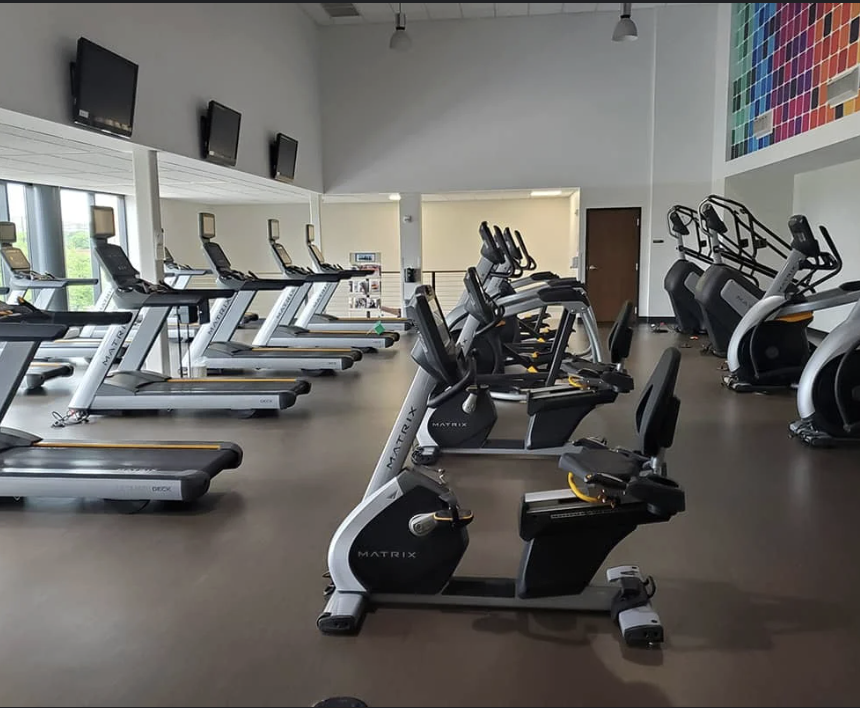
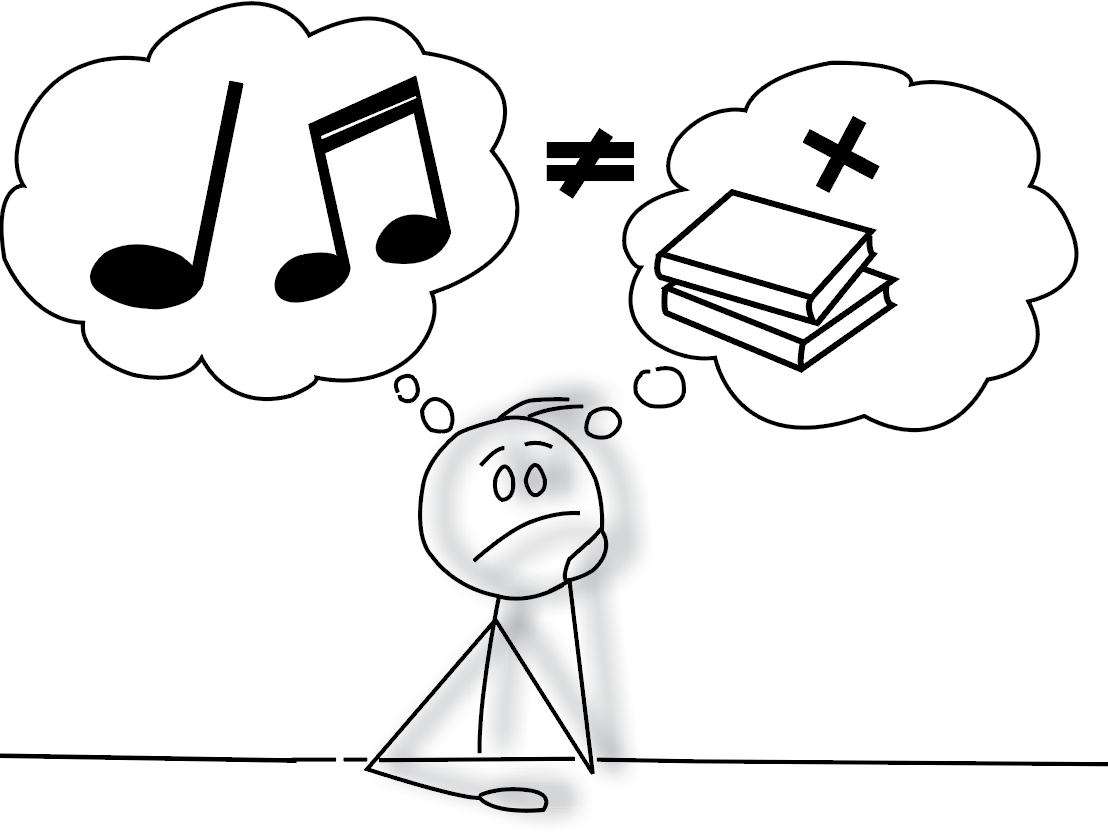
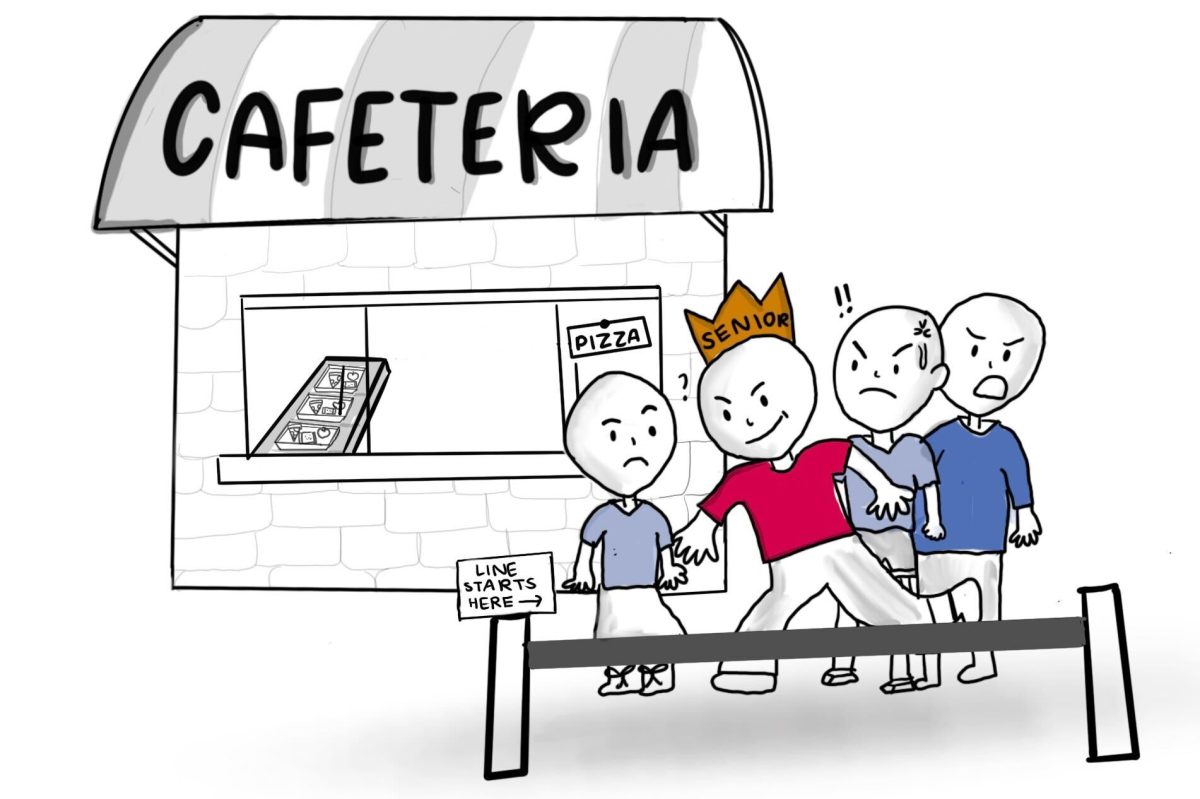
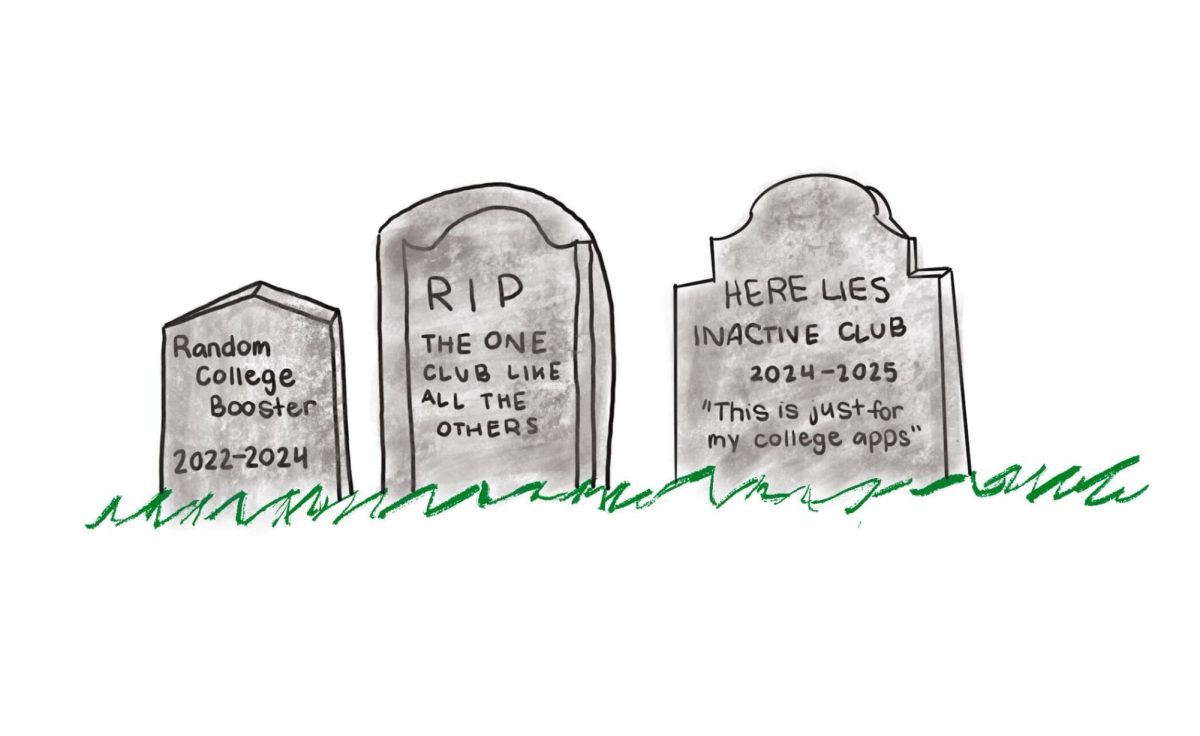
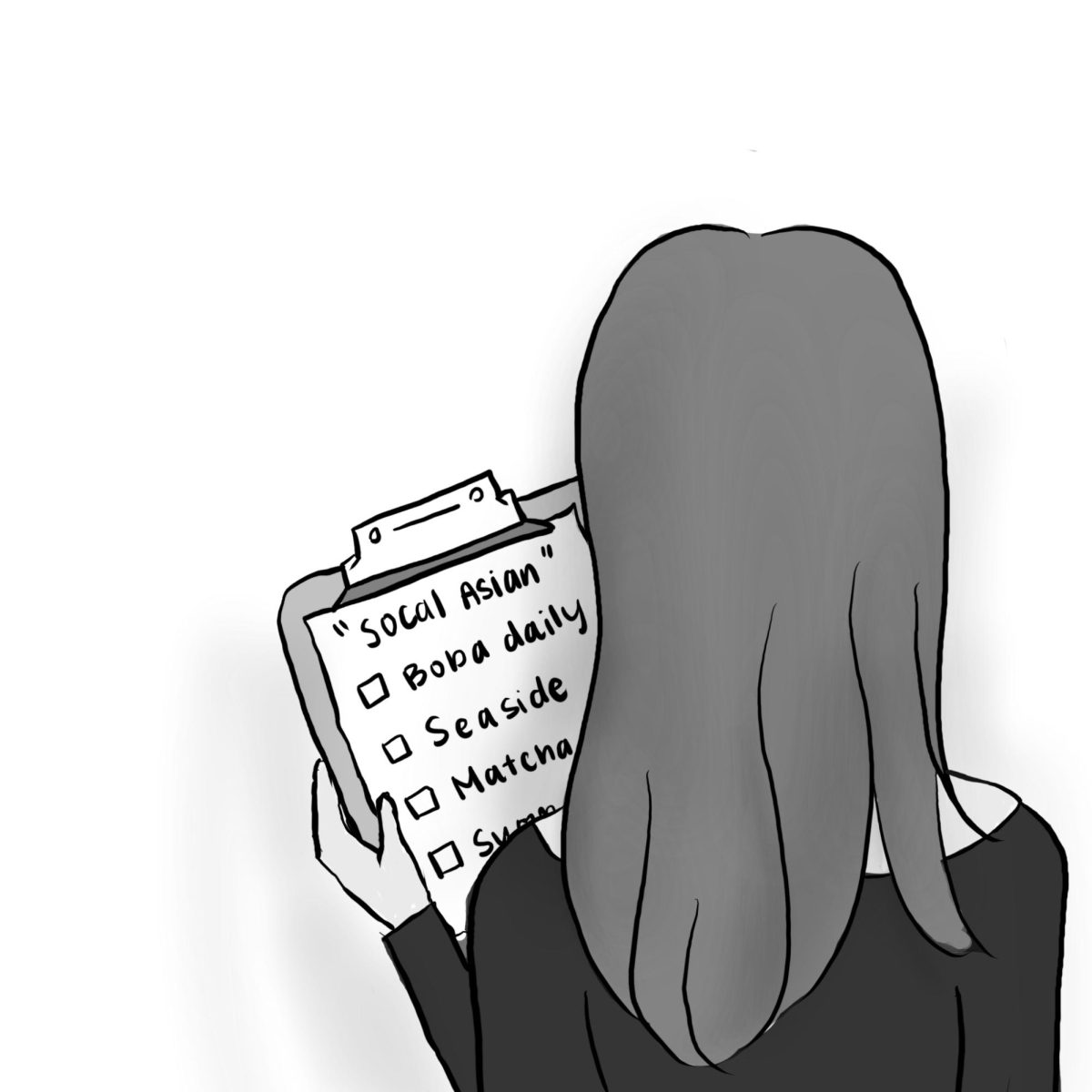
![Social science teacher Nick Madrid’s desk and floor are littered by ungraded papers due to burnout. “My desk hasn’t been this messy before and it’s been this way ever [since] I started grading papers,” Madrid said.](https://whshoofprint.com/wp-content/uploads/2025/04/IMG_1659-900x1200.png)
